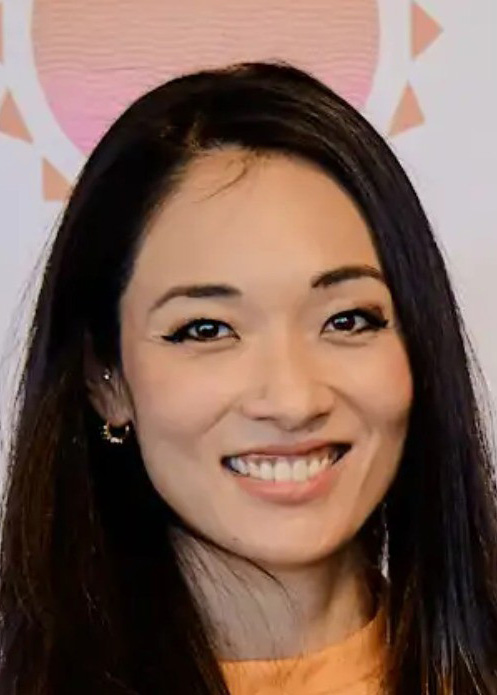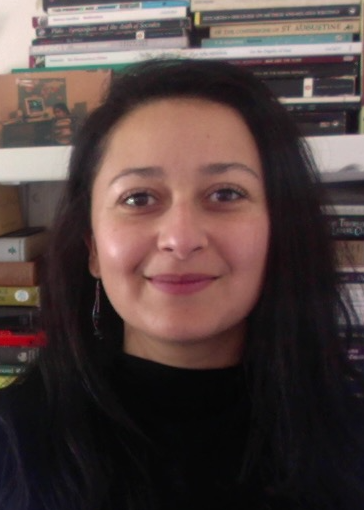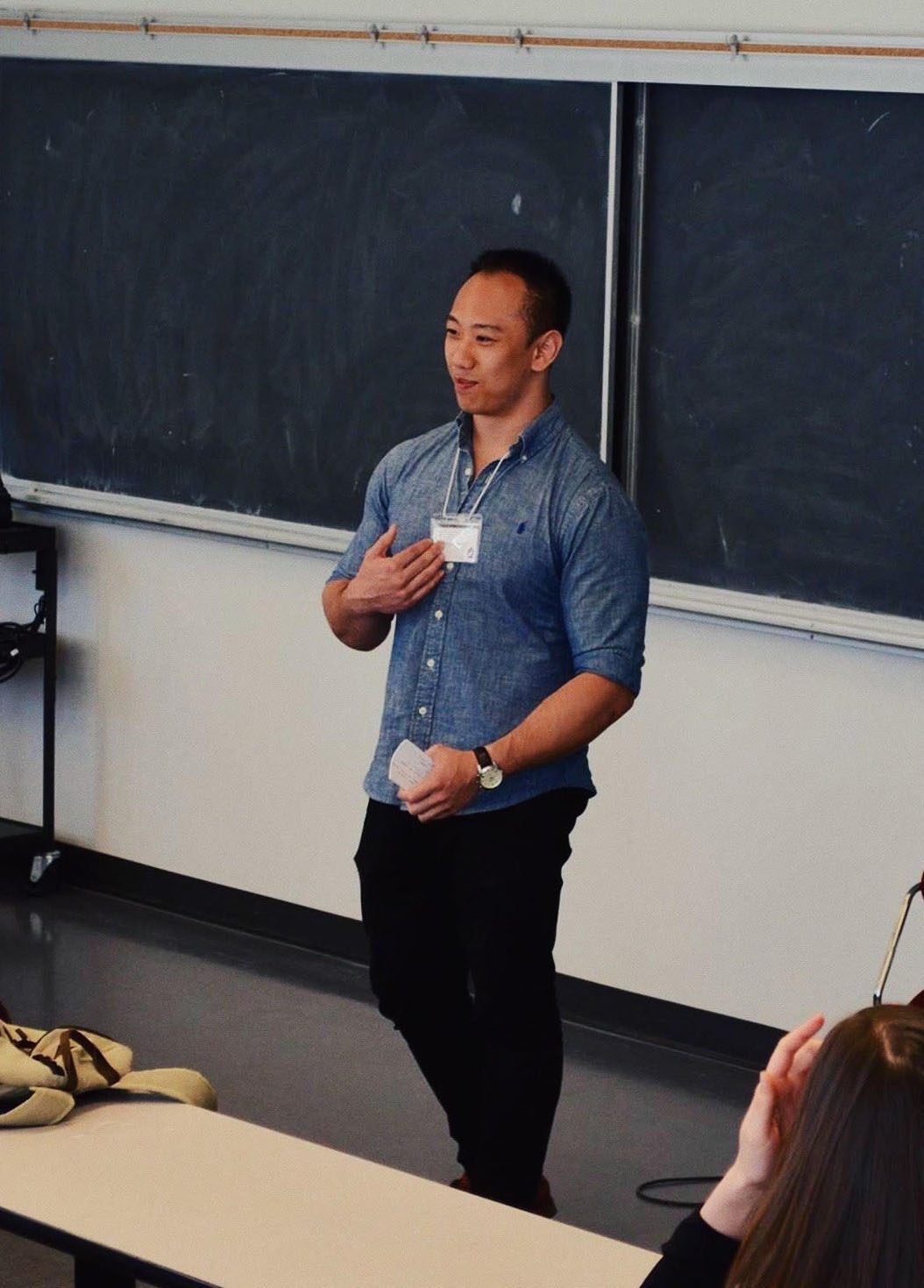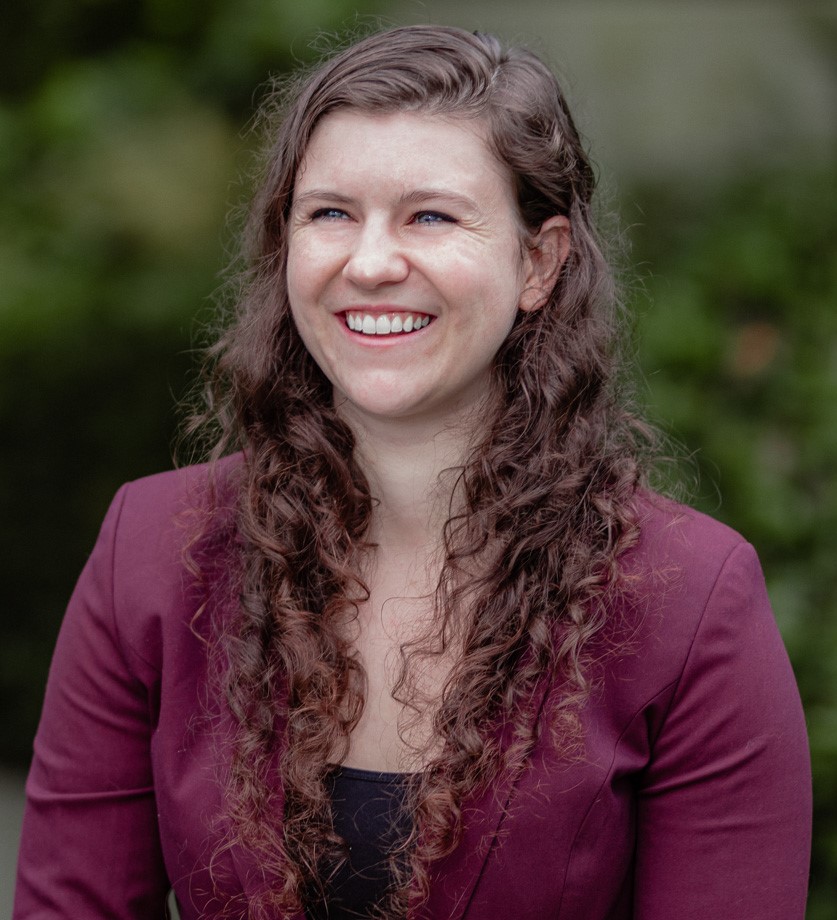Phil Cawdery
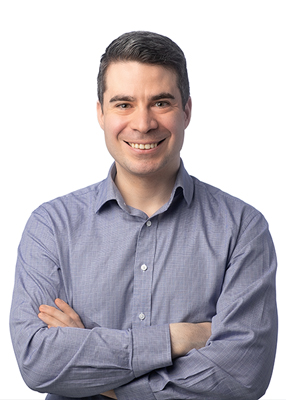
Why did you choose your program at UBC and what did you enjoy most about it?
The 2000 US presidential election and the subsequent recount sparked my interest in political science during high school. I was fascinated with how different democratic systems of government could lead to very different representation outcomes for people. During my program, I was especially interested in political philosophy and how it allowed me to look at challenging issues through different perspectives.
What were some of your most meaningful experiences at UBC?
Participating in the Political Science Student Association as the AMS club representative was a definite highlight for me. I attended a student conference in Montreal in the middle of a federal election and had a great time bonding with my colleagues and meeting other students from across the country. I also volunteered with UBC REC as an assistant director of marketing where I had the opportunity to get my first hands-on experience in a business capacity.
Arts County Fair also brings back great memories and was a great way to end the school year with a lineup of quality Canadian musicians.
What choices did you make at UBC that contributed to your career success / journey?
I made a point of getting involved in different activities that provided me with practical business and leadership experience. Taking a minor in Commerce also augmented my Arts degree nicely with business education and better prepared me for the working world post-graduation.
What was your first job after graduation and what other jobs did you have before your current position?
My first job after graduation was as a sub-contractor for BC Hydro where I worked as a project coordinator for their Smart School campaigns to spread awareness on the importance of energy conservation through school workshops.
I previously worked as a data services manager for a leading Employee and Family Assistance Provider (EFAP). After my MBA, I worked as a Business Analyst at HSBC and as a Senior Consultant at KPMG in their technology and operations advisory practices before starting my current role at Coast Capital Savings.
Is your current career path as you originally intended? What challenges did you face in launching your career?
Like many Political Science students, when I entered university I was adamant that I would attend law school after graduation. After attending a joint Political Science and Law class in my final year, I recognized that I was more drawn to business as a career path. I faced a number of challenges early on in my career. I had trouble securing a permanent job with potential to grow in part because I didn’t understand the importance of networking or upgrading my skills to stay relevant. The 2008 Great Recession also posed a challenge in finding employment and led me to further my education at BCIT to develop technical skills.
What do you like about your current job and what do you find challenging? How does it relate to your degree?
I’m fortunate to work for one of BC’s best employers and to have the opportunity to make an impact every day for our members and business teams through automating processes. My role calls for a variety of skills to be successful including people management, strategic thinking, process re-engineering and business communication. I have to continue to improve these skills every day, which is both challenging and rewarding.
My Political Science degree helped me understand how to look at problems systematically and from different lenses to find optimal solutions. It also served as the basis for effective verbal and written communication, key skills for any professional. I believe my Arts degree has helped me in my role for these reasons.
From your experience, what has been the value of having an Arts degree?
Obtaining an Arts degree broadened my horizons. I saw a lot of growth during my four years at UBC both personally and professionally. I had the opportunity to attend different courses, to participate in different extracurricular activities and to form long-lasting friendships. This helped pave my path towards a career that has been both challenging and enriching.
What advice would you give to students and alumni interested in breaking into your industry?
Make networking your top priority. The more professionals you connect with, the more opportunities you will have to learn and to demonstrate how your skills and experience translate into a technology role. Stay on top of technology trends and look at taking technology courses and certification to supplement your Arts degree.
What advice would you give your graduating self?
Think about what you like to do, what you are capable of doing and what companies will pay you to do. Work that intersects across all three of these is your sweet spot. Never stop growing and developing your skills. When you have the opportunity, consider becoming a mentor and helping other students with similar career aspirations to pave their own paths to success.
Phil Cawdery



Why did you choose your program at UBC and what did you enjoy most about it?
The 2000 US presidential election and the subsequent recount sparked my interest in political science during high school. I was fascinated with how different democratic systems of government could lead to very different representation outcomes for people. During my program, I was especially interested in political philosophy and how it allowed me to look at challenging issues through different perspectives.
What were some of your most meaningful experiences at UBC?
Participating in the Political Science Student Association as the AMS club representative was a definite highlight for me. I attended a student conference in Montreal in the middle of a federal election and had a great time bonding with my colleagues and meeting other students from across the country. I also volunteered with UBC REC as an assistant director of marketing where I had the opportunity to get my first hands-on experience in a business capacity.
Arts County Fair also brings back great memories and was a great way to end the school year with a lineup of quality Canadian musicians.
What choices did you make at UBC that contributed to your career success / journey?
I made a point of getting involved in different activities that provided me with practical business and leadership experience. Taking a minor in Commerce also augmented my Arts degree nicely with business education and better prepared me for the working world post-graduation.
What was your first job after graduation and what other jobs did you have before your current position?
My first job after graduation was as a sub-contractor for BC Hydro where I worked as a project coordinator for their Smart School campaigns to spread awareness on the importance of energy conservation through school workshops.
I previously worked as a data services manager for a leading Employee and Family Assistance Provider (EFAP). After my MBA, I worked as a Business Analyst at HSBC and as a Senior Consultant at KPMG in their technology and operations advisory practices before starting my current role at Coast Capital Savings.
Is your current career path as you originally intended? What challenges did you face in launching your career?
Like many Political Science students, when I entered university I was adamant that I would attend law school after graduation. After attending a joint Political Science and Law class in my final year, I recognized that I was more drawn to business as a career path. I faced a number of challenges early on in my career. I had trouble securing a permanent job with potential to grow in part because I didn’t understand the importance of networking or upgrading my skills to stay relevant. The 2008 Great Recession also posed a challenge in finding employment and led me to further my education at BCIT to develop technical skills.
What do you like about your current job and what do you find challenging? How does it relate to your degree?
I’m fortunate to work for one of BC’s best employers and to have the opportunity to make an impact every day for our members and business teams through automating processes. My role calls for a variety of skills to be successful including people management, strategic thinking, process re-engineering and business communication. I have to continue to improve these skills every day, which is both challenging and rewarding.
My Political Science degree helped me understand how to look at problems systematically and from different lenses to find optimal solutions. It also served as the basis for effective verbal and written communication, key skills for any professional. I believe my Arts degree has helped me in my role for these reasons.
From your experience, what has been the value of having an Arts degree?
Obtaining an Arts degree broadened my horizons. I saw a lot of growth during my four years at UBC both personally and professionally. I had the opportunity to attend different courses, to participate in different extracurricular activities and to form long-lasting friendships. This helped pave my path towards a career that has been both challenging and enriching.
What advice would you give to students and alumni interested in breaking into your industry?
Make networking your top priority. The more professionals you connect with, the more opportunities you will have to learn and to demonstrate how your skills and experience translate into a technology role. Stay on top of technology trends and look at taking technology courses and certification to supplement your Arts degree.
What advice would you give your graduating self?
Think about what you like to do, what you are capable of doing and what companies will pay you to do. Work that intersects across all three of these is your sweet spot. Never stop growing and developing your skills. When you have the opportunity, consider becoming a mentor and helping other students with similar career aspirations to pave their own paths to success.
